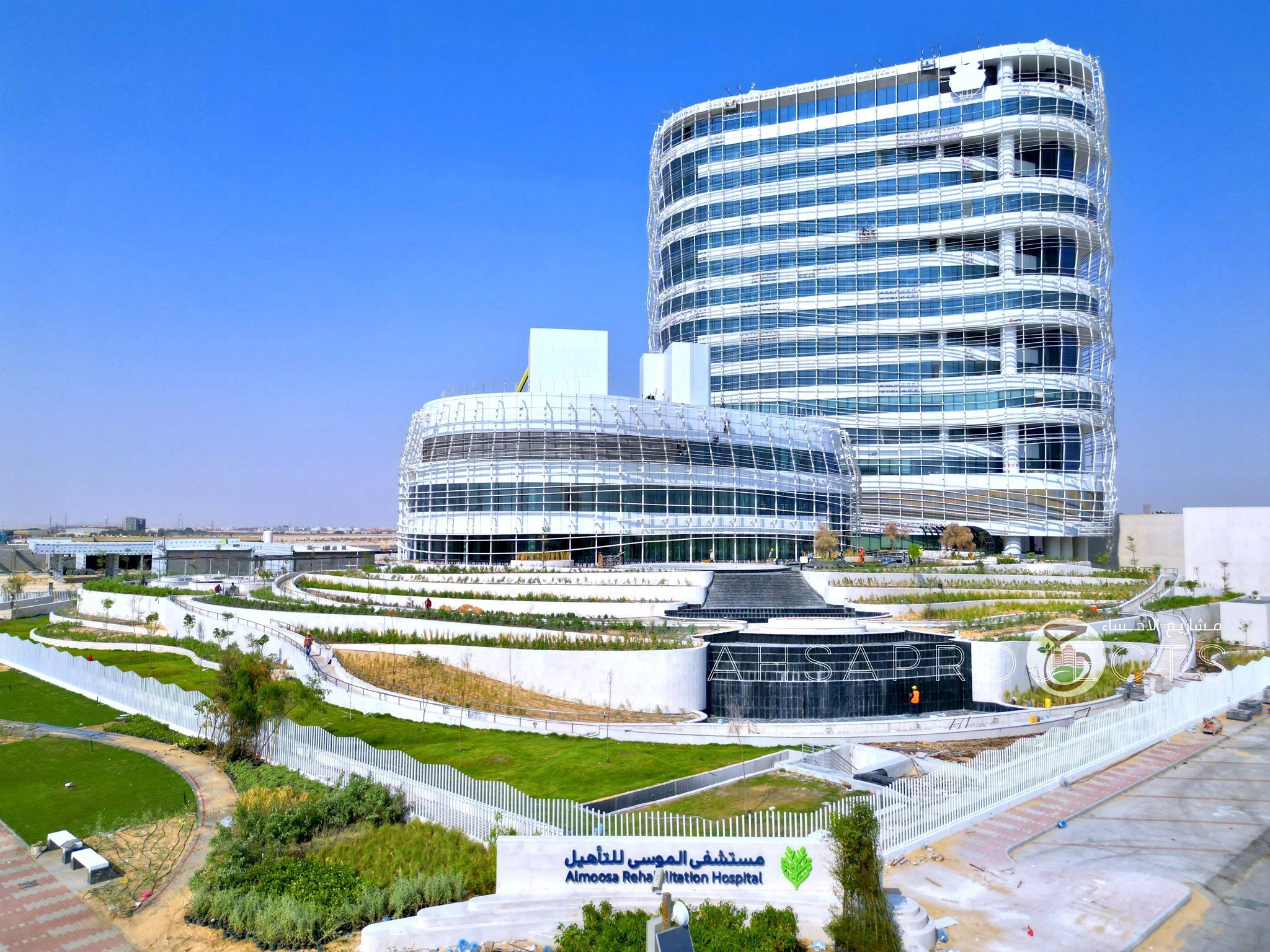Next week, Africa will finally receive its first batch of 10,000 mpox vaccines, marking a crucial step in addressing a dangerous new strain of the virus that has plagued the continent for decades. The slow arrival of these vaccines has highlighted ongoing global healthcare inequities, despite lessons learned from the COVID-19 pandemic.
Mpox, a potentially deadly virus causing flu-like symptoms and pustular lesions, was declared a global health emergency by the World Health Organization (WHO) on August 14. The new strain, known as clade Ib, has spread from the Democratic Republic of Congo (DRC) to neighboring African countries, raising international alarm.
While more than 70 countries outside Africa have already received mpox vaccines, the continent has faced significant delays in accessing these critical supplies. Public health officials and scientists have expressed frustration over the slow response, noting that the WHO only began the official process to provide poor countries with vaccine access this month, despite the virus’s long history in Africa.
The vaccines on their way to Africa, produced by Denmark’s Bavarian Nordic, were donated by the United States rather than provided through the UN system. The high cost of the vaccines, approximately $100 per dose, has made it challenging for low-income countries to purchase them directly. Additionally, the WHO’s lengthy approval process for international vaccine distribution has further delayed access.
Helen Rees, a member of the Africa Centres for Disease Control and Prevention’s (Africa CDC) mpox emergency committee, described the situation as “outrageous,” emphasizing that Africa has once again been left behind in the global vaccine distribution process.
Since 2022, the WHO has recorded 99,000 confirmed mpox cases and 208 deaths worldwide. The actual numbers are likely higher due to underreporting. While wealthier regions have controlled the virus through vaccines and behavioral changes, African countries have been left to navigate the crisis with limited resources.
The DRC remains the hardest-hit country, with over 27,000 suspected cases and 1,100 deaths in 2023 alone. Despite this, the first vaccines are destined for Nigeria, which has seen 786 suspected cases this year without any reported deaths.
As Africa grapples with conflict, multiple disease outbreaks, and limited healthcare infrastructure, the arrival of mpox vaccines offers a glimmer of hope. However, questions remain about how to distribute the vaccines effectively, especially given that the most widely used vaccine is only approved for adults.
Global health experts have called for a more equitable approach to vaccine distribution, emphasizing the need for early intervention and improved access to diagnostics and treatments. The WHO has urged countries, manufacturers, and communities to increase vaccine donations, reduce prices, and provide the necessary support to protect those at risk.
Jean Kaseya, head of the Africa CDC, is working to involve African vaccine manufacturers to boost supply and lower costs, but this effort will take time. Meanwhile, the arrival of the first vaccines marks a critical milestone in the fight against mpox in Africa, even as challenges persist.





